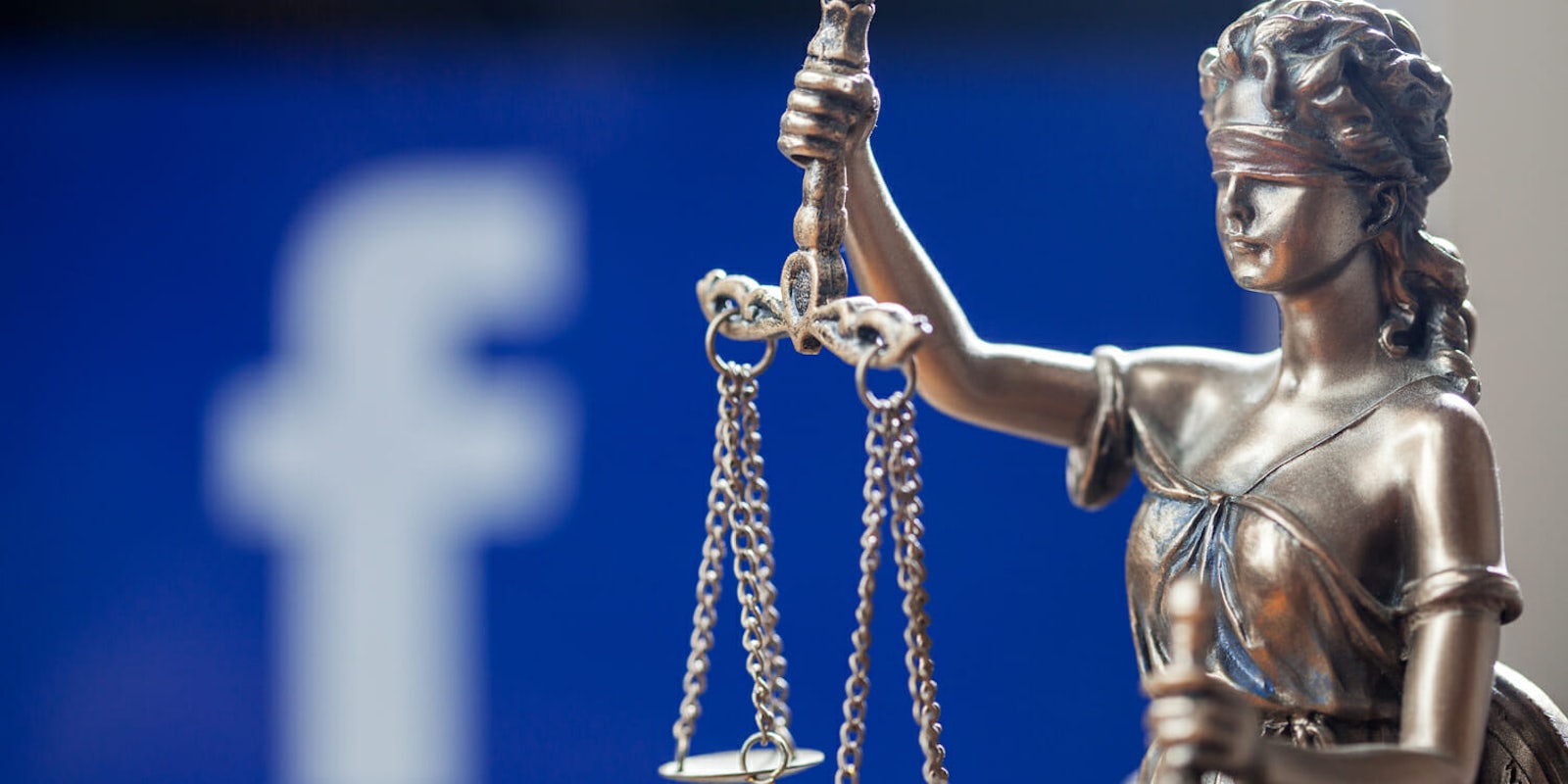After mounting accusations of anti-conservative bias, Facebook contracted with former Arizona Senator Jon Kyl and his team at law firm Covington and Burling to investigate the impact of the social media platform’s policies on conservative users and advertisers.
So what exactly were the findings of the investigation? The release of the report from Facebook clocks in at seven and a half pages; if you aren’t interested in reading it in full, here are the highlights:
Defining “conservative” with a broad brush
In addition to traditional political conservatives, the team brought people with orthodox religious views, libertarians, “pro-lifers”, traditionalists, Republicans and free speech advocates under their umbrella term to analyze how they felt about Facebook. Among these conservatives are also “key organizations, individuals and lawmakers who either use, study or have the potential to regulate Facebook.” 133 of these people and organizations were interviewed about the ways they feel Facebook’s community guidelines and advertisement policies have discriminated against them for their conservative views. It’s worth noting that this sample size is fairly small considering the broad population it supposedly represents, and there is no indication of which groups under the “conservative” umbrella expressed which opinions.
Left-leaning partners and differing definitions of “fact”
Methods of distributing content, such as clickbait management, fact-checking, and fake news-busting, were identified as discriminatory by interviewees. This was largely attributed to supposed left-leaning political inclinations of fact-checking sites employed by Facebook, such as Snopes or Politifact. Both of these organizations are certified by the Poynter Institute, which interviewees designated as a liberal organization that targets smaller publications and has a different definition of fact.
“Conservatives fear that these (content distribution and algorithm) mechanisms prioritize content in ways that suppress their viewpoints.”
Hate speech designations, hate organizing designations, and the Facebook Community Standards were described as being discriminatory to conservative viewpoints by interviewees. The reliance of Facebook on the Southern Poverty Law Center to designate hate organizations is also seen as discriminatory by interviewees because they believe the SPLC to be a left-leaning organization.
Ad policies and enforcement
Previously, ads featuring images of medical tubes connected to a human body were not allowed on the social media platform. The interviewees of Kyl’s investigation said that this made them unable to publish ads featuring pro-life stories of premature children, a major flaw of the system. “Removals of pro-life advertisements depicting premature babies were cited as evidence of the system’s flaws.” This is the only policy change that has been made as a result of the investigation, which means ads featuring these sorts of images will now be allowed, although bloody images or those which feature bruising or subjects in obvious pain are still banned.
Respondents also expressed dissatisfaction with the speed of the ad approval, ad removal, and ad rejection processes, as well as the appeals process when ad content is denied.
Internal corporate bias
“Many interviewees believed that Facebook is a liberal organization with liberal employees, making interviewees skeptical that the platform’s policies are fairly written and enforced.”
They also expressed concern that Facebook’s Board of Directors lacks conservative members, despite the fact that Peter Theil is a lifelong member of the Republican party and has served on the board for 15 years.
Will the report change anything?
Lindsey Barrett, @LAM_Barrett on Twitter, is a staff attorney and fellow at Georgetown Law School’s Institute for Public Representation. She said her takeaway from the report is that it’s arbitrary and not transparent enough to be effective.
“Minus the somewhat more conservative-specific complains like ‘the computer commies you employ hate me & have made the internet hate me,’ most of this reads like the content moderation complaints pretty much everyone has against (Facebook)– Too arbitrary, not transparent enough, etc,” Barrett said.
minus the somewhat more conservative-specific complaints like “the computer commies you employ hate me & have made the internet hate me,” most of this reads like the content moderation complaints pretty much everyone has against FB— too arbitrary, not transparent enough, etc pic.twitter.com/JjjM4xNz3L
— Lindsey Barrett (@LAM_Barrett) August 20, 2019
University of Illinois public relations professor Nicholas Grossman said the report is “all feelings. No facts.”
Republican-led summary report on alleged Facebook bias is out.
— Nicholas Grossman (@NGrossman81) August 20, 2019
Methodology: interviewing 133 conservative individuals and orgs. That's it.
The entire report is "they expressed" and "several believed," without any effort to find out if it's accurate.
It's all feelings. No facts. pic.twitter.com/HUH6y9RX4N
Natalie Martinez, who researches extremism and social media for Media Matters, pointed out that the report appears to believe Facebook bias could be a violation of the United Nations Universal Declaration of Human Rights.
https://twitter.com/natijomartinez/status/1163826488984121346
At the same time as Facebook is struggling with supposed bias against conservatives, continuing privacy scandals, and the scourge of misinformation, the company also announced that it will begin hiring “seasoned journalists” to curate its latest publishing venture, the News tab. The New York Times reports that the move to humans curating news as opposed to algorithms is due to the lengthy process of training algorithms to recommend stories without promoting fake news.
READ MORE:
- VoxAdpocalypse, the conservative rallying cry against YouTube, explained
- You can no longer label your Facebook groups as ‘secret’
- Partnered Twitch streamer temporarily banned for airing troll’s message
